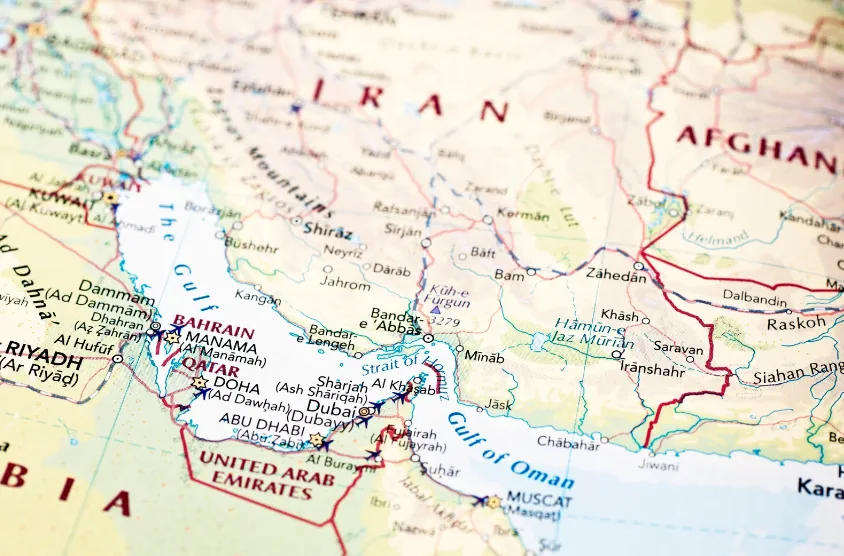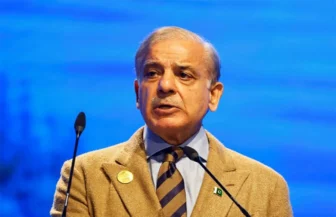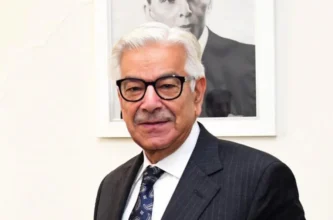Iran Considers Closing Strait of Hormuz as U.S. Strikes Escalate Middle East Tensions
- Iran is considering closing the Strait of Hormuz after U.S. airstrikes destroyed key nuclear sites, a move that could severely impact global oil supply.
- The U.S. operation, involving stealth bombers and bunker-buster bombs, targeted Natanz, Isfahan, and Fordow, with officials calling it a major success but denying it was aimed at regime change.
- Iran condemned the strikes as an act of aggression, ruled out immediate diplomacy, and warned it would respond under its right to self-defense.

Iran is weighing the closure of the strategically vital Strait of Hormuz following devastating U.S. airstrikes on its key nuclear facilities, prompting concerns over a potential energy crisis and further regional escalation. According to Iran’s Press TV, the country’s Supreme National Security Council will make the final decision on shutting down the waterway, a move already approved by Iran’s parliament.
The Strait of Hormuz, a narrow 21-mile-wide passage between Oman and Iran, is one of the world’s most critical oil shipping lanes. Around 20 percent of global oil passes through it daily. If closed, it could cause oil prices to spike and disrupt global energy markets.
Also Read:
Esmail Kosari, a member of Iran’s national security commission and a senior Revolutionary Guards commander, stated that closing the strait was now a serious consideration. “Parliament has reached the conclusion that the strait should be shut, but the final call rests with the Supreme National Security Council,” he said. Earlier in the day, Kosari had also told Iranian media that the action would be taken “whenever necessary.”
The situation intensified when U.S. President Donald Trump confirmed that American forces had carried out extensive strikes on Iran’s major nuclear sites at Natanz, Isfahan, and Fordow. Trump said the operation involved the deployment of six bunker-buster bombs on Fordow and 30 Tomahawk cruise missiles on other facilities, describing the outcome as a “spectacular military success.” He declared the targeted sites had been completely obliterated and warned that the U.S. would hit more targets if Iran refused to engage in peace efforts.
Joint Chiefs Chairman Dan Caine revealed that the military operation, codenamed “Midnight Hammer,” was executed with extraordinary precision and secrecy. It included seven B-2 stealth bombers flying for 18 hours from the U.S. mainland with mid-air refueling, 14 bunker-buster bombs, submarine-launched Tomahawks, and over 125 aircraft. U.S. Secretary of Defense Pete Hegseth described the mission as “bold and brilliant,” affirming that it aimed to dismantle Iran’s nuclear program rather than pursue regime change.
Hegseth clarified that the strikes avoided targeting Iranian troops or civilians and reiterated that the campaign was not meant to unseat the government in Tehran. He said the U.S. had conveyed private messages to Iranian officials encouraging dialogue. “This mission was about neutralizing threats to U.S. interests. It was not and has not been about regime change,” he said.
In his televised remarks, Trump maintained that Iran must never acquire nuclear weapons and that U.S. military action is based on the principle of “peace through strength.” He also warned that any Iranian retaliation would be met with overwhelming force.
U.S. Secretary of State Marco Rubio echoed the administration’s tough stance, warning Iran against closing the Strait of Hormuz. “It would be an act of economic suicide,” he stated, adding that the U.S. has contingency plans in place to respond if Iran proceeds with such a move. Rubio also accused Iran of developing intercontinental ballistic missiles under the guise of a space program and claimed that the country had enough enriched uranium to produce up to ten nuclear bombs before the strikes.
Despite the escalation, Vice President JD Vance suggested that the U.S. was open to a diplomatic resolution. He acknowledged the destruction of Iran’s nuclear capabilities and expressed hope for long-term negotiations. “We want to end their nuclear program, not prolong the conflict,” Vance said. “We are ready to talk.”
Iran, however, has sharply rejected any possibility of immediate diplomacy. Foreign Minister Abbas Araghchi, speaking at an OIC meeting in Istanbul, condemned the U.S. strikes as a “brutal act of aggression” and an “unforgivable violation” of international law. He accused the U.S. of acting in collusion with Israel and violating the sovereignty of a UN member state.
Araghchi argued that Iran had been actively engaged in negotiations with European powers when the attacks occurred, placing full blame on the U.S. for destroying the peace process. “We were at the table. They brought the missiles,” he said. “Iran has done nothing wrong. Our nuclear program is peaceful and remains within international agreements.”
He further warned that Tehran would respond in line with its right to self-defense under international law and called on the global community to hold the United States accountable. “If the international system does not stand up now, it may not be able to stand at all,” Araghchi concluded.
Asian Economies Face High Risk from Potential Strait of Hormuz Blockade
Amid rising tensions in the Middle East following U.S. strikes on Iran’s nuclear sites, Asian economies face significant risks due to their heavy dependence on oil shipments through the Strait of Hormuz. This narrow waterway handles about 20% of global oil traffic, with approximately 84% of that bound for Asia. China is the largest importer, taking in 5.4 million barrels per day, followed by India with 2.1 million, South Korea with 1.7 million, and Japan with 1.6 million. Countries like Thailand and the Philippines also rely on the route, making the potential Iranian blockade a serious concern for the region’s energy security.
Although efforts have been made to diversify oil sources and build strategic reserves, experts warn that there are limited alternatives to the Strait of Hormuz. Infrastructure in Saudi Arabia, the UAE, and Iran can bypass the strait but has limited capacity. A full closure would likely cause global oil prices to surge and trigger supply disruptions across Asia. Governments in the region are closely monitoring the situation and preparing contingency plans, but the growing instability highlights their vulnerability to geopolitical shifts in the Gulf.
Read all the Breaking News Live on pakistantimes.com and Get Latest English News & Updates from Pakistan Times. Follow us on Whatsapp channel for more.








